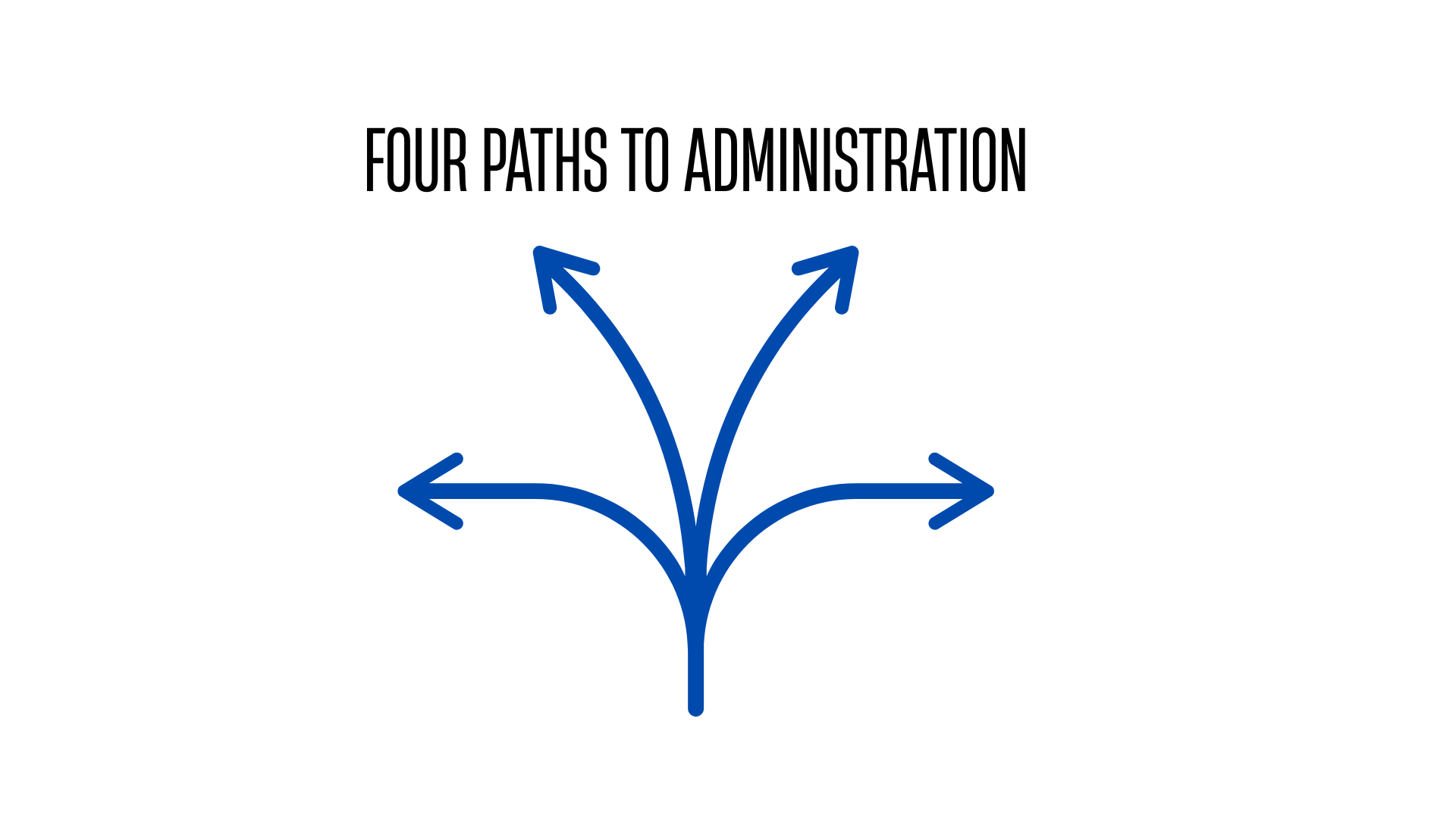As attorneys who work in wills, trusts, and estates, we’ve walked alongside countless families during some of the most emotionally challenging times of their lives. When someone passes away, the legal and financial process should be as seamless as possible—unfortunately, it often isn’t.
One of the most common, and avoidable, obstacles we see? Financial accounts held at large, impersonal institutions like Vanguard, Fidelity, Computershare, or E*Trade.
While these companies may be familiar names, what many clients don’t realize is just how difficult they can be to work with after a death. In contrast, financial accounts held with local advisors are significantly easier for families to access, manage, and transfer. We’ve seen it firsthand, again and again.
1. Human Help, Not 1-800 Headaches
When a loved one passes away, the last thing their family needs is to spend hours navigating automated phone menus, repeating their story to strangers in call centers, or being transferred between departments. Unfortunately, that’s exactly what happens with many national firms.
We recently had an estate matter involving a decedent who had accounts with Vanguard, Fidelity, and Computershare. Despite proper legal documents, we were stuck in an endless loop of phone calls, document resubmissions, and policy clarifications. The estate had to be opened in probate court just to satisfy their internal protocols—even though beneficiary designations were in place on some of the accounts.
It took over three years
and countless follow-ups before the beneficiaries finally received the funds. This isn’t unusual—it’s how these companies operate.
Contrast that with the experience of working with a local financial advisor: a phone call, a brief meeting, and the transfer is typically processed promptly, correctly, and with compassion.
2. Local Advisors Process Transfers More Efficiently
One of the biggest benefits of working with a local financial advisor is how much faster they process post-death transfers. In most cases, we can submit the death certificate and any relevant estate documentation and receive confirmation within days. The process is often smooth, with very little back-and-forth.
That’s not the case with larger institutions.
Take, for example, a recent client—an elderly widow whose husband held an E*Trade account. Despite submitting all of the documents the company requested, she spent over seven months dealing with a seemingly endless paper trail. Each time she was told, "This is the final item we need," only to be told weeks later that something else was missing. And this was with our help!
E*Trade required her to open an account in her own name just to receive the funds. But instead of this simplifying the process, it triggered a new set of processes and identity verifications before they would consider closing the account and sending her a check.
This is a deliberate tactic we’ve seen repeatedly:
1. The beneficiary must open an account with the company.
2. The decedent’s funds are transferred in.
3. The beneficiary is then required to go through another paperwork and identification cycle just to receive their funds.
These added steps are unnecessary—and often overwhelming for grieving family members.
Even more concerning, many of these companies require beneficiaries to access online portals, upload documents digitally, and navigate multi-step authentication processes. This can be particularly prohibitive for elderly individuals who may not own a computer, have difficulty navigating the technology, or do not have regular internet access. Likewise, lower-income beneficiaries may struggle to complete required steps due to lack of technology, or restricted access to customer support. In these cases, the estate's rightful heirs are effectively locked out of receiving what is theirs—not because of legal barriers, but because of logistical and technological ones.
3. Local Means Personal: You Deserve a Human Connection
The local advisors we work with take the time to build relationships—not just manage money. They know our law firm. They know our clients. When we call, they answer. When we fax documents, they’re reviewed quickly. They don’t ask our clients to “log into the portal” or wait 10–15 business days for a response.
When families are already dealing with funeral arrangements, estate inventory, legal notices, and grief, they deserve a process that makes things easier, not harder. Local advisors provide that, and they work hand-in-hand with our legal team to get things done quickly and properly.
The Takeaway: Make Things Easier for Your Family
If you're thinking about how to structure your estate or update your financial accounts, we strongly encourage you to consider where your accounts are held. Working with a local financial advisor—one you or your family can meet with in person—can prevent months (or years) of frustration
for your loved ones.
As estate attorneys, our goal is always to reduce stress and streamline the process for grieving families. When accounts are held with large, national firms, it often does the opposite.
If you want your estate plan to work efficiently when it matters most, the institutions you choose today make all the difference tomorrow.
Need Help Reviewing Your Accounts?
Our firm regularly works with clients to align their legal documents with their financial accounts. If you're unsure whether your current setup will serve your family well, we’re happy to review it with you and your financial advisor.
Let’s make sure your legacy is preserved—and that your loved ones are spared unnecessary complications.















